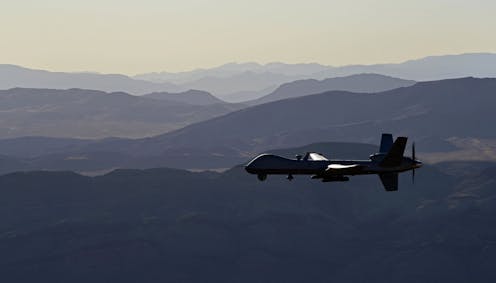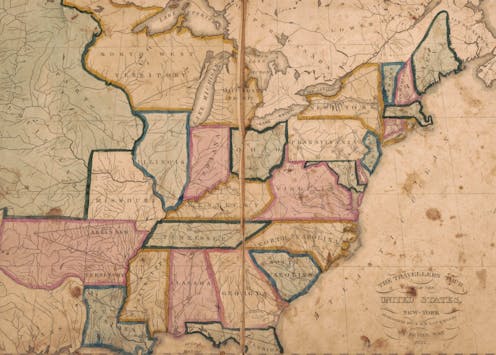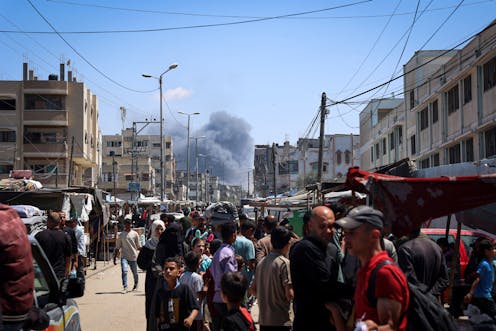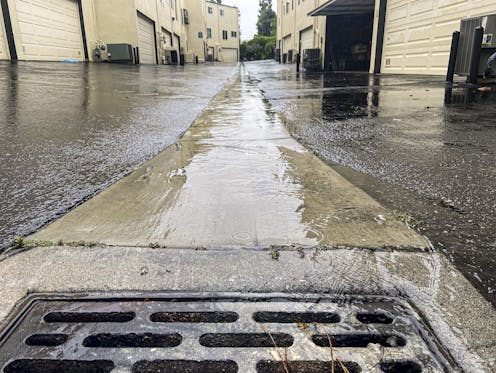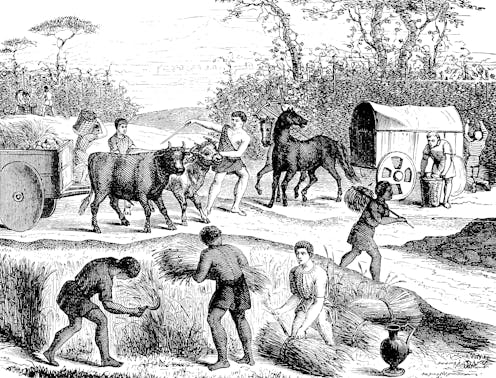How 19th-century Spiritualists ‘canceled’ the idea of hell to address social and political concerns
- Written by Lindsay DiCuirci, Associate Professor of English, University of Maryland, Baltimore County
 A majority of Americans believe that hell exists.Hayden Schiff from Cincinnati, USA via Wikimedia Commons., CC BY
A majority of Americans believe that hell exists.Hayden Schiff from Cincinnati, USA via Wikimedia Commons., CC BYBetween Columbus and Cincinnati, Ohio, drivers pass a billboard on Interstate 71 that has achieved some internet fame.
Since 2004, a black sign has risen from this flat stretch of highway declaring “HELL IS REAL.” The H in...


